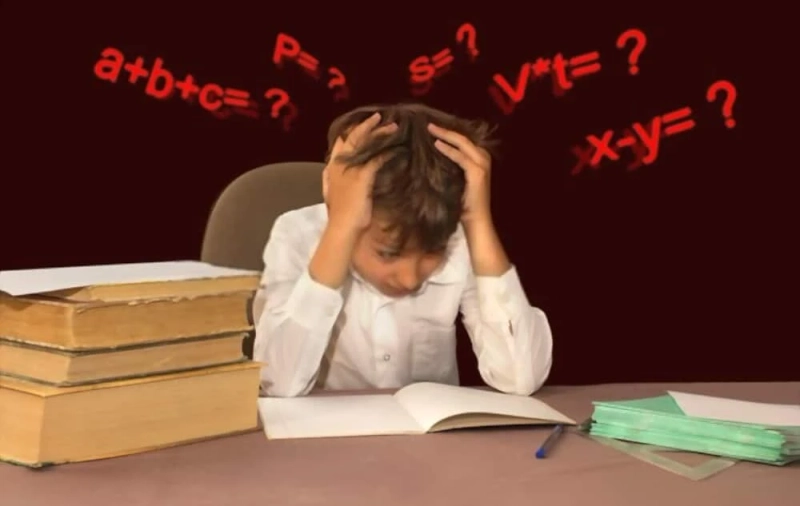Mathematics is frequently recognized as one of the most difficult subjects in school. Recent research shows that 40% of 12-to 17-year-olds students find math to be the most challenging subject – by far.
Many students will say math is the most challenging subject in school when questioned. But why is math being so difficult for so many people? Whatever the cause, it could be from paying less attention to earlier lessons, misconceptions, or a lack of practice.
First, let's discuss the most prevalent reasons students have difficulty learning math and highlight those factors that ultimately help online math tutors with an effective curriculum and unique teaching styles. Students can perform better in class and secure their position in the exams when they learn mathematics differently.
Think It As A Interesting Subject
Adults and children have a difficult timing in understanding math. Unlike pre-school math, which focuses on problem-solving skills like finding patterns, identifying geometric shapes, etc., high school math is more abstract and teaches students how to manipulate numbers. Math is often rated as one of the most boring subjects among students. It's possible they don't think learning geometry, algebra, or calculus in school is all that important to them.
Routine studying and solving equations in arithmetic books and times tables are common, but this might turn students off to math altogether because they don't see it as being useful in their everyday lives. In addition, they may question the necessity of doing simple mathematical calculations like addition, subtraction, multiplication, and division by hand when they have a calculator or computer which can provide the same results.
Overcome With Math's Anxiety
Students who suffer from math anxiety aren't only impassive in it and instill crippling fears and failure-related anxieties in them, impairing their academic performance. When presented with math, these students' anxiety and lack of confidence cause their brains to stop, and they forget everything they've learned.
Build Basic Math Building Block
One challenge with mathematics is that each concept is a building block that must be fully implemented before being put together. Since students believe that what they are learning right now is essential, many weaker students tend to forget or neglect what they have learned in arithmetic in the past.
Build Most Fundamental Concepts
Students sometimes run into difficulties when trying to learn math since they don't grasp the fundamental concepts. Think of arithmetic as a set of building pieces that must be laid down to progress. The blocks will crumble if the foundation is improperly built. Like this, your students can only progress in class if they grasp the fundamentals. Students must be familiar with division and linear equations to reduce fractions properly.
A lot of students also don't want to admit that they're struggling in class after the teacher has already moved on to the next session. This is the primary cause of students falling behind in class.
Pay Attention Through Interesting Steps
When it comes to math, many problems include multiple steps, and students must follow these procedures in order to find a solution. Students lose concentration and become distracted when the learning process is difficult. When students aren't guided, they're more likely to skip steps in the problem-solving process and have difficulty with math in the future. One of the key solutions is hiring math tutors to plan a customized approach to teach and revisit previously misunderstood concepts.
Build Concepts Instead Of Memorization
Math is often seen as a discipline where students just learn formulae and concepts. To begin with, this method may work well. However, when students grow and are confronted with more challenging problems, they lack the problem-solving skills to deal with these new challenges.
Practice Make It More Perfect
Many students don't practice their math skills enough to get good grades. Some students may not be aware that they require additional time to review specific topics. A student may believe they grasp a concept but struggle when it comes time to solve a problem independently or end up struggling through the lengthy process. Students often get a false sense of security after watching their teacher explain a concept in class, and students haven't got any idea that solving the same questions on their own is much more difficult. Math involves a lot of effort and patience, so there's no quick and easy way to learn it.
Conclusion
Understands the arithmetic struggles are typical and shouldn't demotivate students. Due to their struggles, many children lack self-confidence and believe they are not smart enough; apparently, these factors cause fewer students' attention and zero class participation.
Making students feel comfortable, supported, and building their self-confidence should be the priority of their teachers. With these suggestions, you may help your child overcome their fear of math and participate more actively in class.


